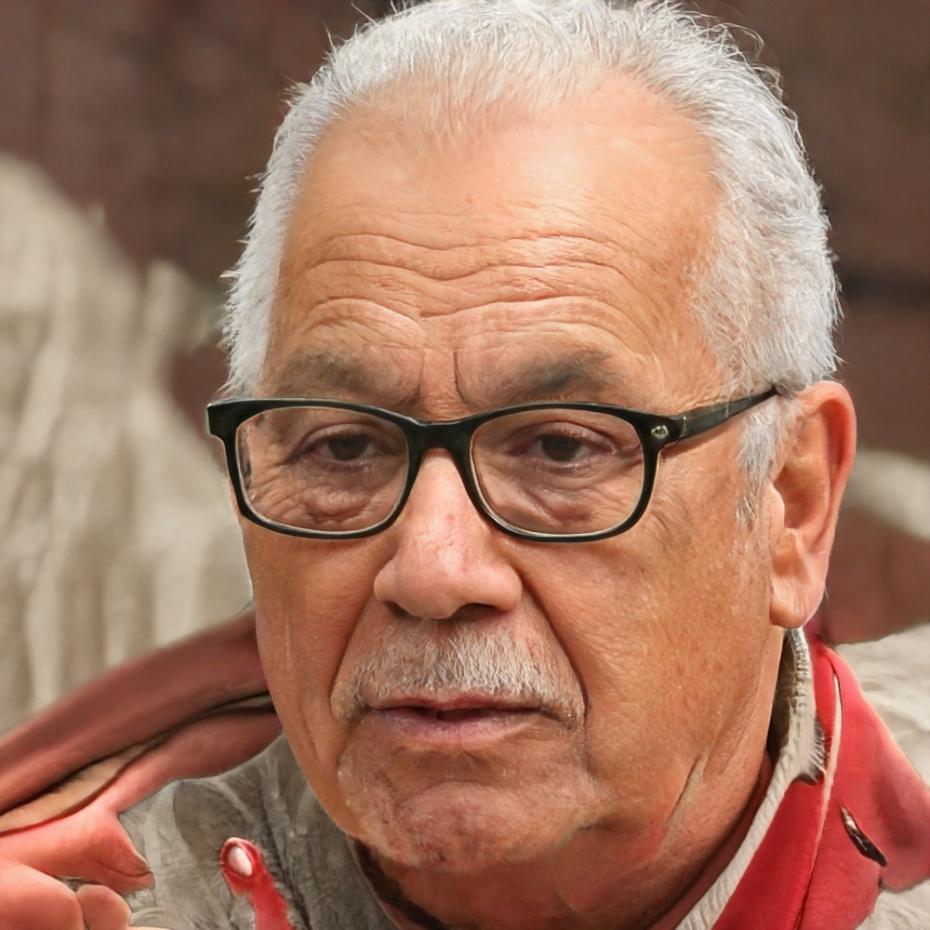From "What's a Method?" to Published Game
Danilo started our autumn program with zero programming knowledge. First month was rough—he'd message Viktor at 11 PM asking why his character wouldn't move. Turns out he was calling the function but never executing it. That kind of thing.




